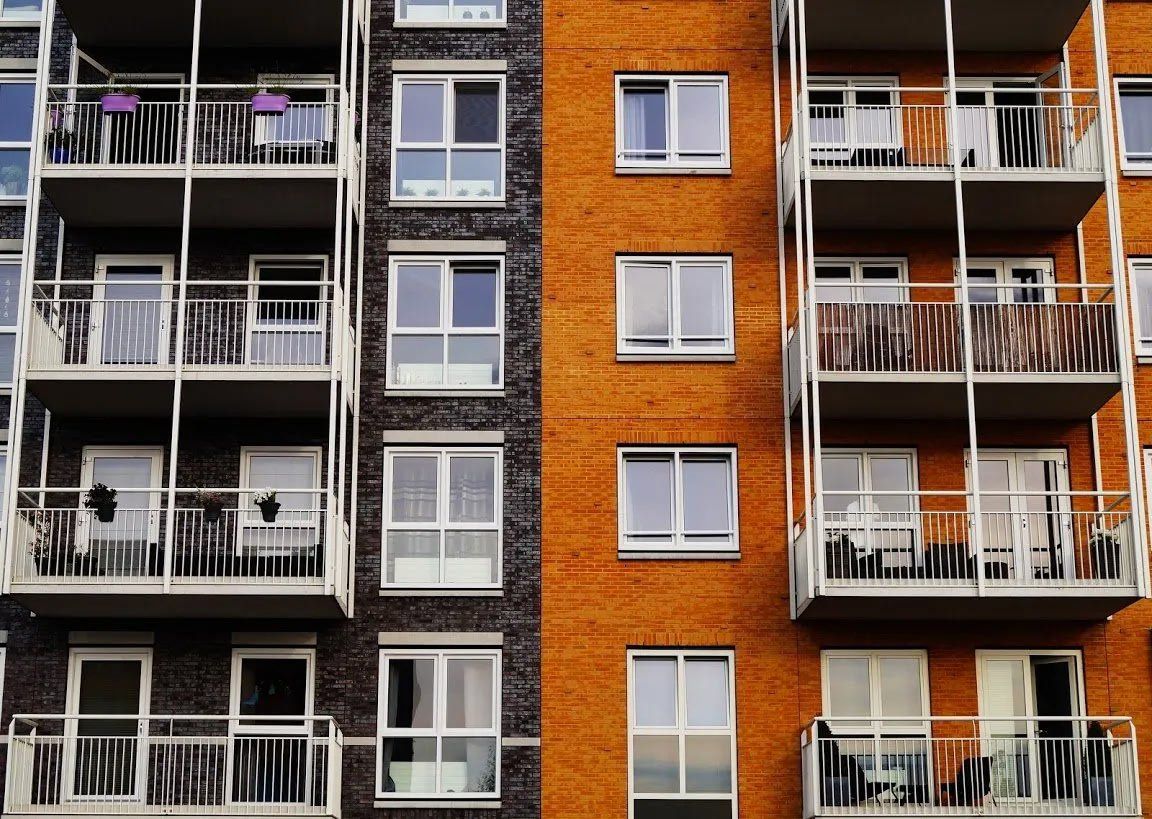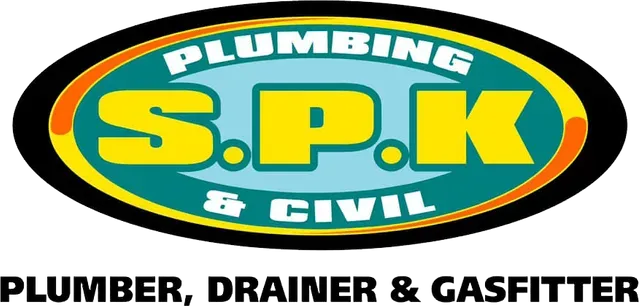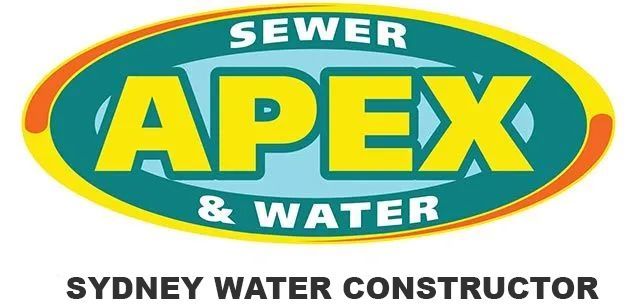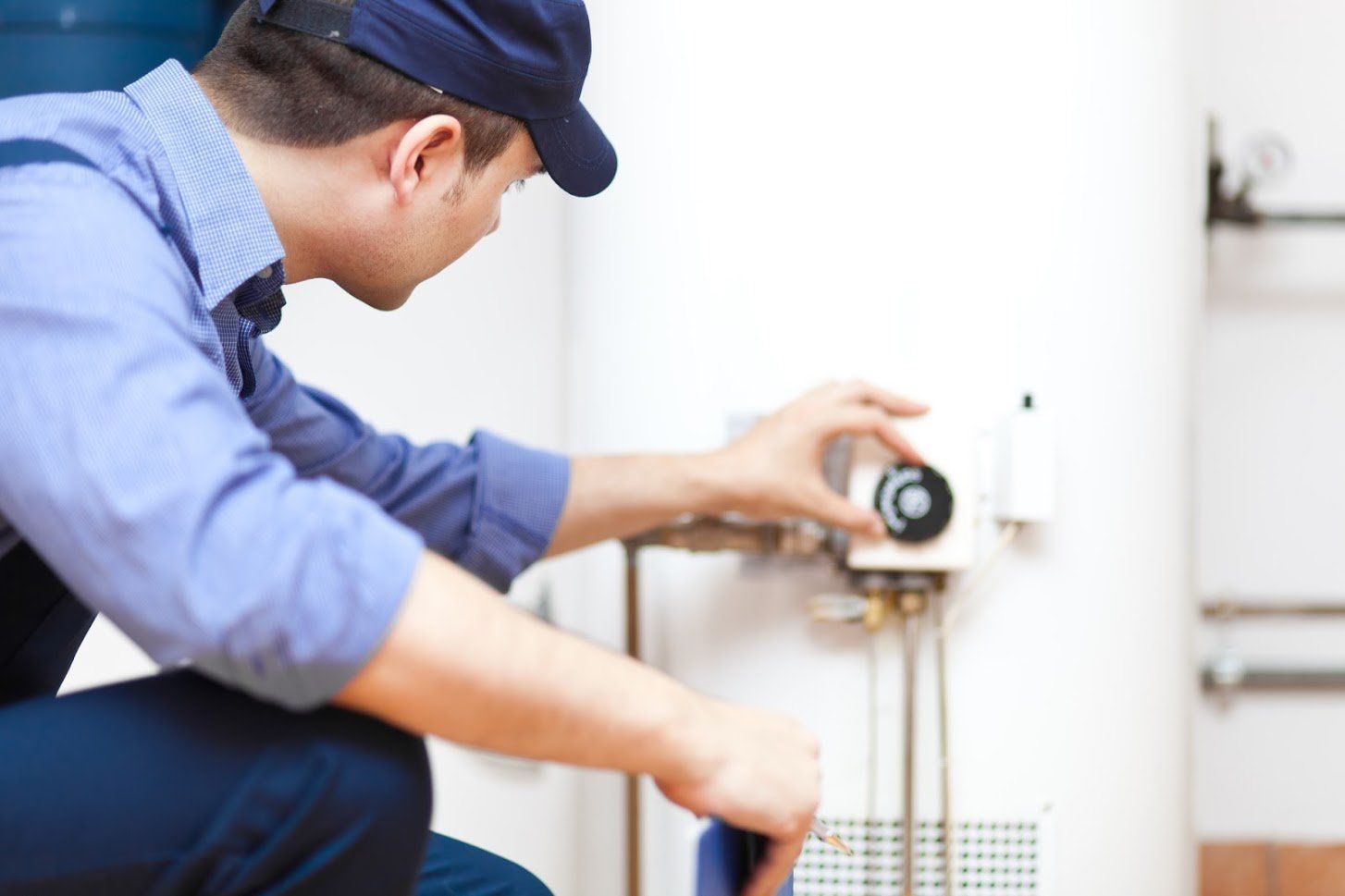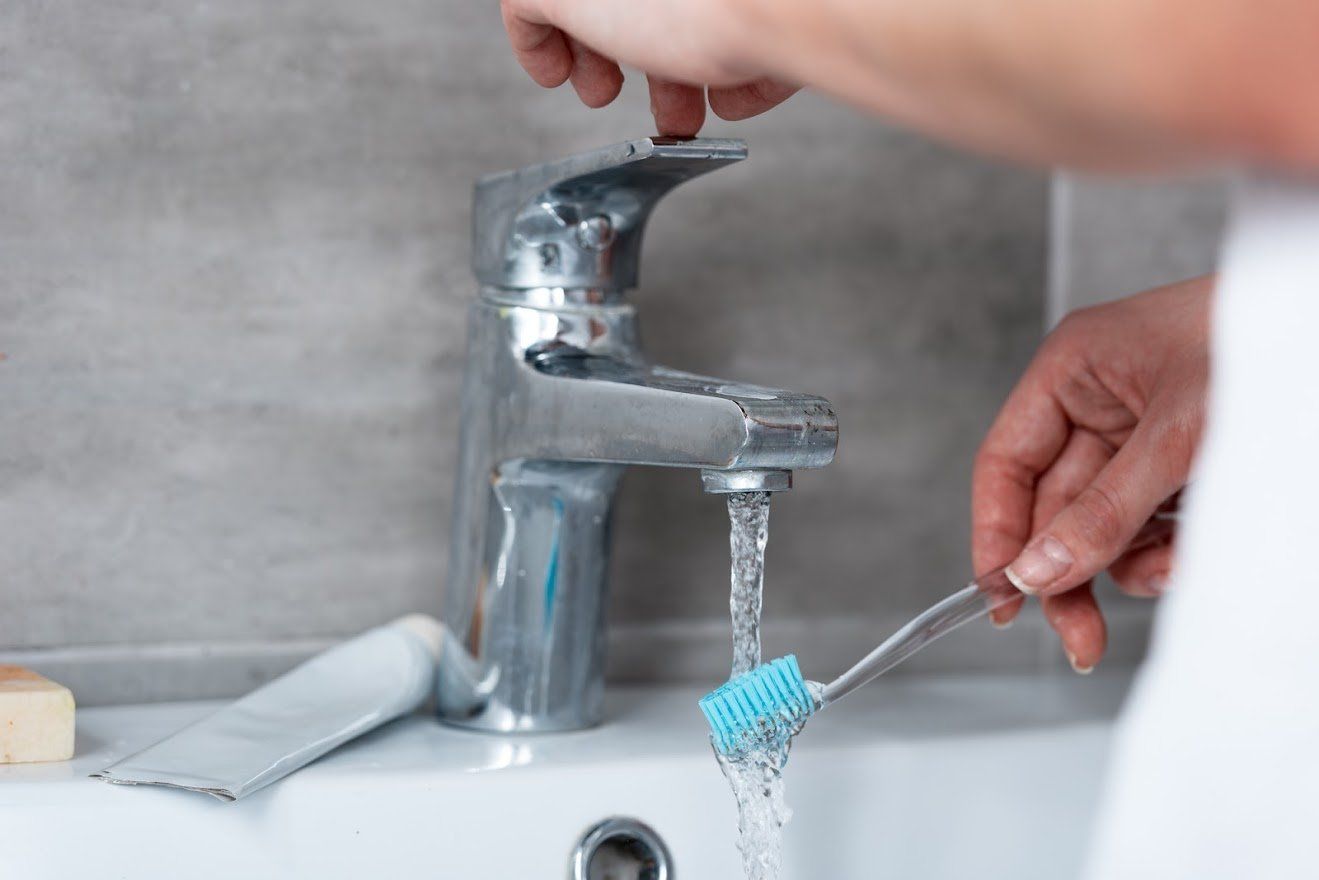3 Reasons Why Your Kitchen Tap Water Smells Like Rotten Eggs
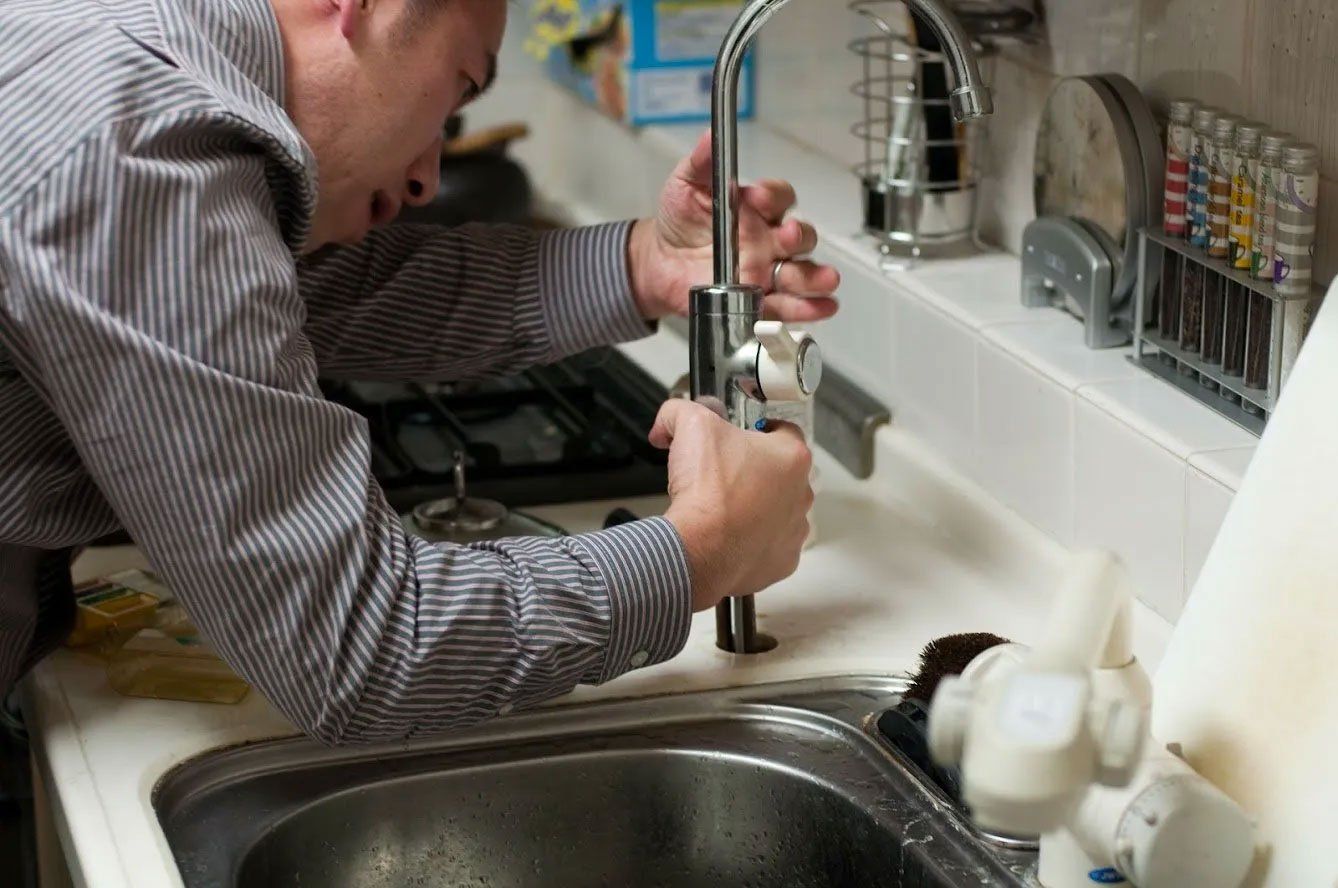
The water that comes out of your kitchen taps shouldn't have a strong smell. You might get the occasional whiff of chlorine but, apart from that, your water shouldn't smell of anything.
However, you sometimes get a rank sulphurous smell when you turn on your taps. This is like rotten eggs. It is down to an excess of bacteria or hydrogen sulphide in your system. Why does this happen and what can you do about it?
1. You have a sink problem
If you smell rotten eggs when you run a tap, then you'll initially assume that the smell comes from the water. However, it may come from your sink. You could have a problem with pipes or the drain.
Before you do anything else, check if your sink is at fault. Fill a glass with water and take it away from the sink. Let it settle for a couple of minutes and then sniff the water. If it smells like bad eggs, then you have a water problem; if it smells fresh, then something is off with your sink.
If your pipes or drain are blocked or coated in food scrap residue, then sulphide bacteria can build up on these areas. When you run water down the sink, it creates a gas that smells like bad eggs. This gas comes back up your plughole.
Sometimes, an off-the-shelf or homemade sink cleaner fixes this problem. However, this might not work permanently. A more serious build-up of waste or a blockage needs a plumber.
2. You have a water heater problem
If the smell mainly comes from your hot water tap, then you might have a problem with your water heater. The heater should keep your water at a high enough temperature to kill bacteria. If it doesn't do this, then sulphur bacteria can settle in the water. This bacteria comes out when you run a hot tap, making the water smell eggy.
Bear in mind that this can happen naturally if you haven't used your water heater for a while. For example, if you've recently been on holiday, then you may have turned the heater off when you were away. If the water is too cold, then bacteria will thrive.
In this instance, the problem should right itself once you turn the heater on again and go back to using hot water as normal. The eggy smell should disappear once your system heats up the water to the right temperature.
If you haven't been away, and your water heater has been on as usual, then the unit may have a fault. For example, its thermostat, heating element or other part might not be working right; the heater might not be able to get water to the right temperature. At this stage, you need help from a professional plumber to identify and repair the problem.
3. You have a water treatment problem
Sometimes, appliances that improve water quality create bad smells in your system. This can happen if you have a built-in water filter or water softener.
While a filter is designed to improve the taste of your water, problems in the system can cause odours. For example, smelly bacteria can lodge on a blocked or dirty filter pad.
A water softener that reduces the effects of hard water can also be problematic if the fluid in the system contains sulphur bacteria. If you have a filtration or softening system and there isn't an obvious problem to fix, your plumber may need to take a look at it.
If your rotten egg smell isn't going away on its own or is getting worse, then contact S.P.K Plumbing & Civil. We can sniff out the cause of the problem and help you get a quick fix.
You might also like
